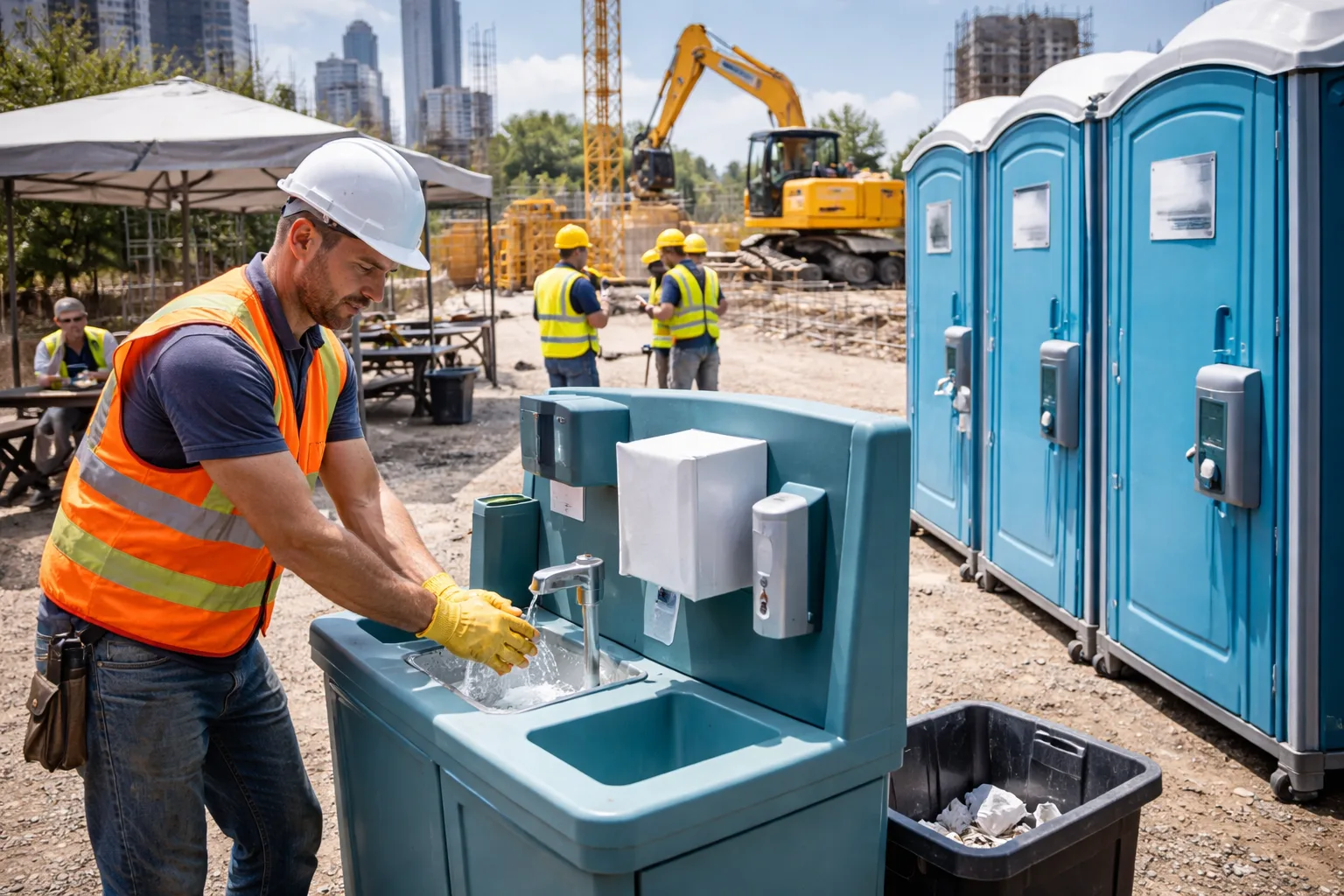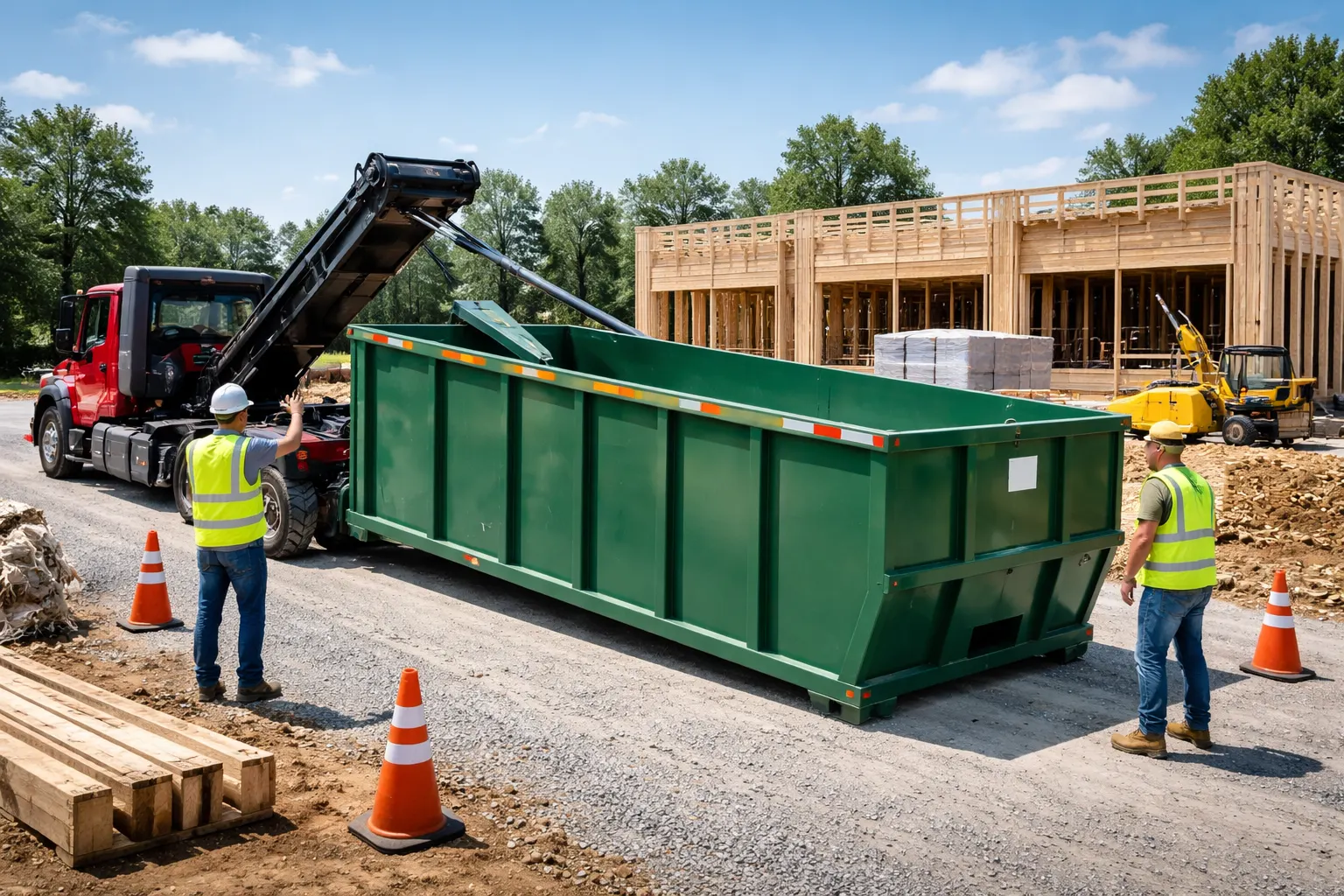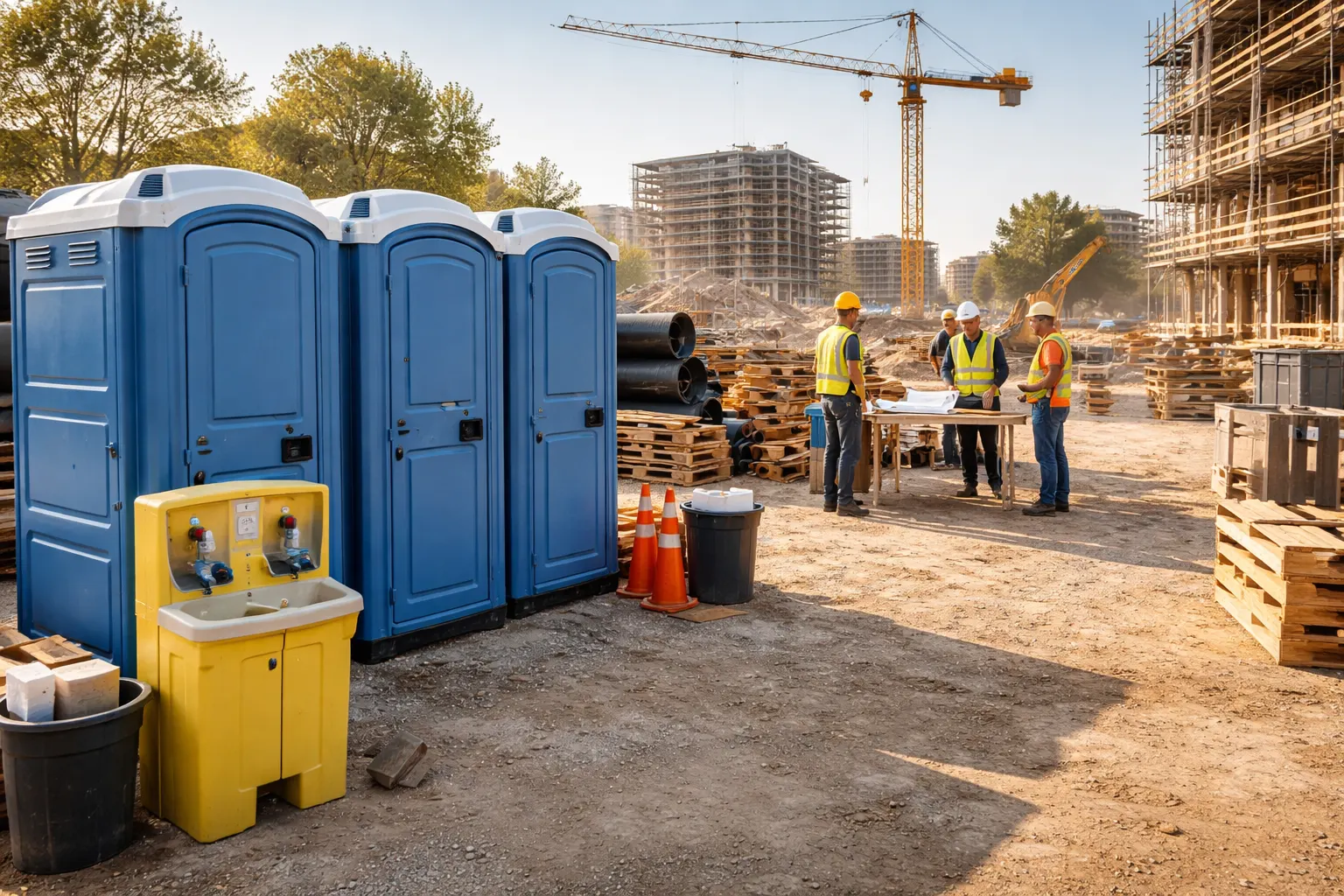In today’s world, being eco-friendly is more than a trend—it’s a necessity. As public events grow, so does the need for sanitation solutions that minimize environmental impact. Eco-friendly portable toilets offer a sustainable answer to this demand, combining innovative chemicals, deodorizers, and design features. These solutions are not only about keeping up with trends but also about ensuring that we are responsible stewards of our planet, promoting health, and enhancing the quality of life for all.
Portable toilets have become a staple at outdoor events, construction sites, and other settings where traditional restroom facilities are unavailable. They offer convenience, accessibility, and flexibility, allowing for quick setup and removal as required. However, traditional portable toilets often rely on harsh chemicals that can harm the environment, contributing to soil and water pollution. Thankfully, the industry is shifting toward more sustainable practices, emphasizing the need for eco-friendly alternatives that do not compromise on efficiency or hygiene.
Eco-friendly portable toilets are designed to reduce environmental impact. They utilize biodegradable chemicals and deodorizers, minimize water usage, and often feature components made from recycled materials. This approach not only benefits the environment but also enhances the user experience by providing a cleaner, more pleasant atmosphere. Furthermore, these units are engineered to be energy-efficient and durable, reducing the frequency of replacements and repairs. The integration of user-friendly designs also ensures accessibility for all, including individuals with disabilities, broadening the scope of their application.
The Role of Chemicals and Deodorizers
Eco-Friendly Portable Toilet Chemicals
Traditional portable toilets use chemicals to break down waste and control odors. However, these substances can be harmful to the environment, often leaching into the ground and contaminating natural water sources. Eco-friendly alternatives use biodegradable chemicals that achieve the same goals without leaving a harmful footprint. These green chemicals are often plant-based, ensuring they are safe for the environment. Additionally, they break down naturally over time, reducing the risk of pollution and supporting biodiversity in the areas where they are used.
Eco-Friendly Portable Toilet Deodorizers
Odor control is a critical aspect of portable toilets. Eco-friendly deodorizers use natural ingredients, such as essential oils, to neutralize unpleasant smells. Unlike synthetic deodorizers, these natural options are non-toxic and biodegradable, making them a safer choice for both users and the planet. They are not only effective in masking odors but also offer therapeutic benefits, such as creating a calming environment through scents like lavender or eucalyptus. This consideration adds a layer of comfort and well-being to the user experience, which is often overlooked in traditional sanitation solutions.
Sustainable Solutions for Public Events
Reducing Water Usage
Traditional portable toilets use a significant amount of water to flush waste. Eco-friendly models, however, are designed to minimize water usage by employing innovative technologies. Some systems use advanced flushing mechanisms that require little to no water, while others incorporate composting technology, which processes waste without the need for water at all. These strategies are crucial in water-scarce regions and help in conserving this precious resource, aligning with global efforts to manage water sustainability.
Utilizing Solar Power
Solar-powered portable toilets are another exciting development in sustainable sanitation. These units use solar panels to power ventilation systems and lighting, reducing reliance on non-renewable energy sources. By harnessing the power of the sun, these toilets not only cut down on energy costs but also function independently of traditional power sources, making them ideal for remote locations. Moreover, the integration of solar technology sets a precedent for future innovations in eco-friendly solutions, encouraging other sectors to adopt similar sustainable practices.
Recycled and Recyclable Materials
The construction of eco-friendly portable toilets often involves recycled materials. Using recycled plastics and metals reduces the demand for new resources and minimizes waste. Furthermore, these units are designed to be recyclable at the end of their lifespan, closing the sustainability loop. This cradle-to-cradle approach ensures that the materials used in these toilets can be returned to the production cycle, reducing landfill waste and conserving natural resources. As awareness grows, more manufacturers are likely to adopt these practices, leading to a more sustainable industry overall.
Benefits of Eco-Friendly Portable Toilets
Environmental Impact
By choosing eco-friendly portable toilets, event organizers and businesses can significantly reduce their environmental impact. This choice helps conserve water, reduce pollution, and promote the use of sustainable materials. The cumulative effect of these benefits contributes to the broader goals of reducing carbon footprints and promoting global ecological health. In addition, these efforts help raise awareness among attendees and participants, fostering a culture of environmental responsibility and stewardship.
Enhanced User Experience
Eco-friendly options often provide a better user experience. Natural deodorizers and improved ventilation systems make these toilets more pleasant to use. Additionally, the knowledge that these facilities are environmentally responsible can enhance user satisfaction, as more individuals are keen to support sustainable practices. The combination of comfort, aesthetics, and environmental consciousness creates a positive impression, encouraging repeated use and endorsement of these facilities at future events.
Cost-Effectiveness
While the initial investment in eco-friendly portable toilets may be higher, they often prove cost-effective over time. Reduced water usage and the potential for energy savings with solar power can lead to lower operating costs. The durability and lower maintenance requirements of these units also contribute to long-term savings. Furthermore, organizations that use eco-friendly solutions can benefit from positive public relations and potential tax incentives, improving their overall financial standing.
Learn more about our portable restroom rentals

Implementing Eco-Friendly Solutions
For Event Organizers
Event organizers looking to implement eco-friendly portable toilets should start by assessing their specific needs. Consider the size of the event, the number of expected attendees, and the available budget. Partnering with a reputable portable toilet provider who specializes in sustainable solutions is crucial for success. This collaboration can provide insights into the best practices and technologies available, ensuring that the chosen solutions align with the environmental goals and logistical requirements of the event.
For Construction Sites and Businesses
Businesses and construction sites can also benefit from eco-friendly portable toilets. These units not only meet regulatory requirements but also demonstrate a commitment to sustainability. Employers should ensure their chosen provider offers maintenance and support to keep the facilities in optimal condition. By implementing these solutions, companies can enhance their reputation as eco-conscious entities, appealing to clients, stakeholders, and employees who value environmental responsibility.
The Future of Eco-Friendly Sanitation
The future of portable sanitation is undeniably green. As technology advances, we can expect even more innovative solutions that prioritize the environment. From smart toilets that track usage data to advanced composting systems, the potential for improvement is vast. These advancements will likely lead to more efficient waste management, real-time monitoring, and automated maintenance, further enhancing the sustainability and reliability of portable sanitation solutions.
Challenges and Opportunities
Despite the progress, challenges remain. The cost of eco-friendly technology can be prohibitive for some, and there is a need for increased awareness and education about the benefits of sustainable sanitation. However, these challenges present opportunities for innovation and collaboration within the industry. By fostering partnerships between technology developers, manufacturers, and users, we can overcome these barriers and accelerate the adoption of eco-friendly solutions. Public policies and incentives can also play a crucial role in supporting these initiatives, driving widespread change and innovation.
Discover eco-friendly sanitation standards
Conclusion
Eco-friendly portable toilets represent a significant step forward in sustainable sanitation. By choosing facilities that utilize biodegradable chemicals, natural deodorizers, and resource-efficient designs, we can meet the needs of public events and worksites without compromising the environment. As we continue to prioritize sustainability, these solutions will become increasingly vital in our efforts to protect the planet for future generations. Embracing these practices reflects a commitment to responsible stewardship, ensuring that we leave a healthy, vibrant planet for those who come after us.






